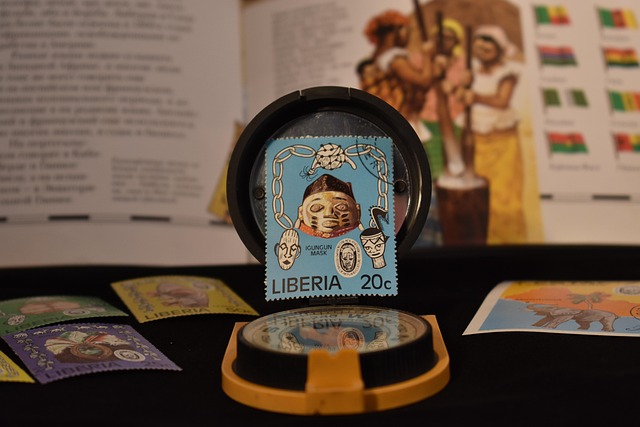
Intellectual Property: The Basics
Intellectual Property (IP) is like the invisible friend of the business world. You can’t see it, but it’s there, protecting your creative genius from the clutches of copycats. In simple terms, IP refers to creations of the mind, such as inventions, literary and artistic works, designs, symbols, names, and images used in commerce. Think of it as the umbrella under which your brilliant ideas and expressions take shelter.
Why Should You Care About IP?
Now, you might be wondering, “Why should I care about this fancy term?” Well, if you’ve ever had an idea for a killer app, a catchy jingle, or a revolutionary new product, then IP is your best friend. It helps you protect your hard work and ensures that you get the credit (and the cash) for your creativity. Plus, let’s face it, nobody wants to see their genius idea turned into a knockoff version that’s just a little too similar, right?
The Different Types of Intellectual Property
IP can be divided into several categories, each with its own set of rules and regulations. Here’s a quick rundown:
- Patents: These are like the VIP passes for inventors. A patent gives you exclusive rights to your invention for a limited time, usually 20 years. So, if you invent a toaster that also plays music (hey, it could happen!), you can keep it to yourself—or at least charge others for the privilege of using it.
- Trademarks: This is your brand’s best friend. A trademark protects symbols, logos, and brand names that distinguish your goods or services from others. Think of it as the ‘Do Not Disturb’ sign for your brand identity.
- Copyright: This one’s for the artists, musicians, and writers out there. Copyright protects original works of authorship, giving creators exclusive rights to their creations. So, if you write a song about your cat’s adventures, you can rest easy knowing that no one can steal it without your permission.
- Trade Secrets: This is the secret sauce that makes your business unique. It can be anything from a special recipe to a unique process. The key here is that it must be kept secret to maintain its value. Think of it as the secret ingredient in grandma’s famous chili.
How to Protect Your Intellectual Property
Protecting your IP might sound like a daunting task, but it doesn’t have to be. Here are some practical steps to get you started:
- Do Your Research: Before you file for a patent or trademark, make sure your idea isn’t already taken. A quick search can save you a lot of headaches later on.
- File for Protection: Depending on what type of IP you have, you’ll need to file the appropriate paperwork. This might involve a bit of legal jargon, but don’t worry; there are professionals who can help.
- Monitor and Enforce: Once you have your IP protected, keep an eye out for any infringement. If you spot someone trying to steal your thunder, don’t hesitate to take action.
Final Thoughts
In a world where ideas are the currency of success, understanding and protecting your intellectual property is more important than ever. So, whether you’re a budding entrepreneur or a seasoned pro, make sure you give your creative ideas the protection they deserve. After all, a great idea is only as good as the protection behind it! 🎉

















 Waxing Aftercare Dos and Don'ts
Waxing Aftercare Dos and Don'ts 
 Health
Health  Fitness
Fitness  Lifestyle
Lifestyle  Tech
Tech  Travel
Travel  Food
Food  Education
Education  Parenting
Parenting  Career & Work
Career & Work  Hobbies
Hobbies  Wellness
Wellness  Beauty
Beauty  Cars
Cars  Art
Art  Science
Science  Culture
Culture  Books
Books  Music
Music  Movies
Movies  Gaming
Gaming  Sports
Sports  Nature
Nature  Home & Garden
Home & Garden  Business & Finance
Business & Finance  Relationships
Relationships  Pets
Pets  Shopping
Shopping  Mindset & Inspiration
Mindset & Inspiration  Environment
Environment  Gadgets
Gadgets  Politics
Politics 